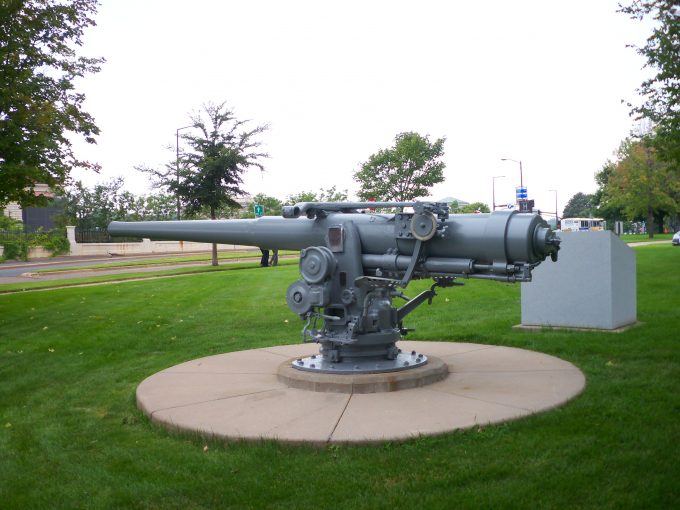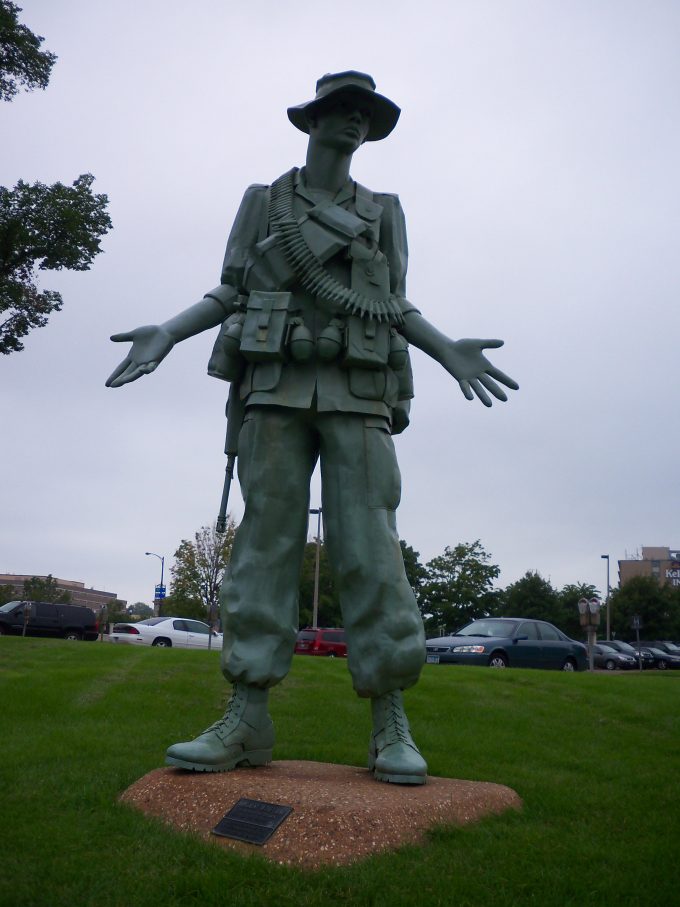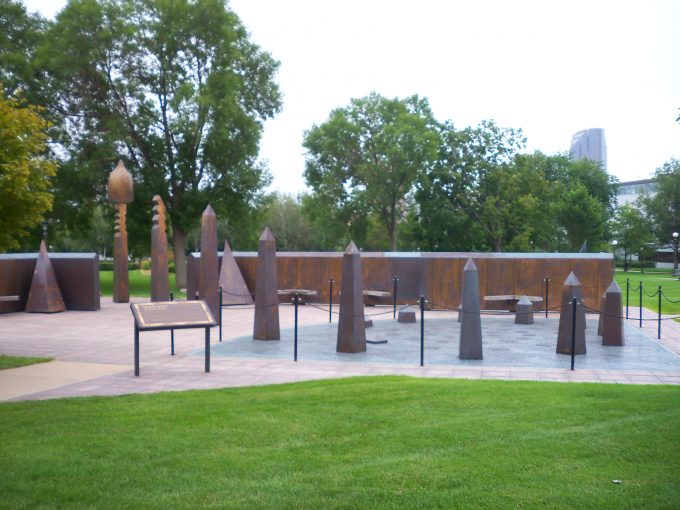
Thursday, 17 August 2017
For when they say, “Peace and safety!” then sudden destruction comes upon them, as labor pains upon a pregnant woman. And they shall not escape. 1 Thessalonians 5:3
The whole world is focused on a tiny sliver of land in the Middle East, Israel. It is so overly concerned with it, because of the countless enemies which surround that nation. Because of this, there can be no peace. The Islamic nations have oil, vast numbers of people, strategic lands for military purposes, etc.
Further, Muslims have spread out into the non-Islamic nations of the world, and have become a threat within those societies. One of the main issues that stirs them up is Israel. Without dealing with Israel, they then cause death and turmoil wherever they go, using the lack of peace between Israel and the Muslim population in the land as a reason to work their evil.
Until the issue is supposedly handled, they vehemently state that there can be no peace. If there is no peace, then there is no safety. It is from this state that Paul’s words of the end times now make sense.
He begins this verse with “For when they say.” “For” is given based on the preceding words concerning Christ’s coming as “a thief in the night.” It is obvious that the two issues are being tied together. It also explains what is meant in 2 Thessalonians 2:6, 7. There is a restraining force in the world.
When that Restrainer is removed (which is speaking of the Holy Spirit), then the end time events will rapidly unfold. Thus, there is the rapture of the church at the removing of the Restrainer. After this happens, the world will then make its peace deal with Israel. The words, “when they say” are vague and form a general meaning, thus it is speaking of the world at large.
When the world sees the peace deal signed, they will say “peace and safety.” The enemies who have signed will say “Peace!” The world who believe that the Muslims are now pacified will say, “Safety!” There will be rejoicing at the state of kumbaya which has seemingly come upon the world.
However, the belief will be a false one indeed. Paul tells what the outcome of this “peace” agreement will be. It will be a time when “sudden destruction comes upon them.” The Greek indicates literally, “stands over them,” or “takes its stand over them.” Paul writes this in the present tense to give it the most vivid effect on the mind. His words here closely reflect what is said in Luke 21 –
“But take heed to yourselves, lest your hearts be weighed down with carousing, drunkenness, and cares of this life, and that Day come on you unexpectedly. 35 For it will come as a snare on all those who dwell on the face of the whole earth. 36 Watch therefore, and pray always that you may be counted worthy to escape all these things that will come to pass, and to stand before the Son of Man.” Luke 21:34-36
Jesus was speaking not to the church in those words, but to Israel. They would again be gathered back to Israel at some point, and it is at this time that the words would be fulfilled. The church age has ended, the rapture has taken place, and only now will these prophetic words find their fulfillment. There is no such thing as a “mid-tribulation” rapture. It is at the mid-point of the tribulation that the antichrist is working out the full force of his wickedness. Before that, there must be the perceived peace, but this perceived peace only comes after the rapture. Paul’s words form a doctrinal treatise on the sequence of events of the end times.
When the whole world has seen the peace deal signed, they will shout out, “Peace and safety,” but that is when the destruction stands over them, ready to destroy the world. And it will come, “as labor pains upon a pregnant woman.” The pains of a woman in labor increase both in intensity and in frequency, right up until the birth of the child. So it will be with the world. The supposed peace and safety will have been nothing but a precursor to strife and destruction. The people of the world will be hemmed in as if in a prison planet, and “they shall not escape.”
The book of Revelation shows that there will be no exit, no second rapture, for the people of the world. They will either take the mark of the beast and perish, or they will not take it, and they will perish. The difference between the two is that those who take it will perish, facing ever-lasting death at the Great White Throne judgment (Revelation 20:12). Those who refuse it will perish physically, but be rewarded at the first resurrection (Revelation 20:5).
Surprisingly, the Old Testament gives prophetic pictures and details of these things so that we won’t make the error of incorrect analyses of eschatology (the study of end times events). The pre-tribulation rapture, the signing of the seven-year peace deal, the tribulation period, the return of Christ – all of it – it is all given in types, shadows, and prophetic utterances in the Old Testament to give the sound believer in Christ the surety and hope of not being around when these calamitous events take place.
Life application: What kind of hope is there in being stuck on a prison planet for 3 ½ years, waiting for the Lord to come as His bride is being pummeled and torn apart by her enemies? No, God has not appointed us to wrath (1 Thessalonians 5:9), and he has promised to keep us from the hour of testing which is coming upon the whole earth (Revelation 3:10). Ignore those who have failed to take the time to properly evaluate these verses, and who provide us with only an unhappy doctrine of insecurity and uncertainty.
Heavenly Father, as incredible as it seems to the world at large, You have appointed a time when those who have put their faith in You through Jesus Christ will be spared from the hour of testing which is coming upon the whole earth. How marvelous it is that we have a sure and blessed hope of being in Your presence while those who failed to simply believe in what Jesus has done for them will face a world of destruction and death. Help us to continue to speak the word of Christ boldly while there is still time. Amen.




